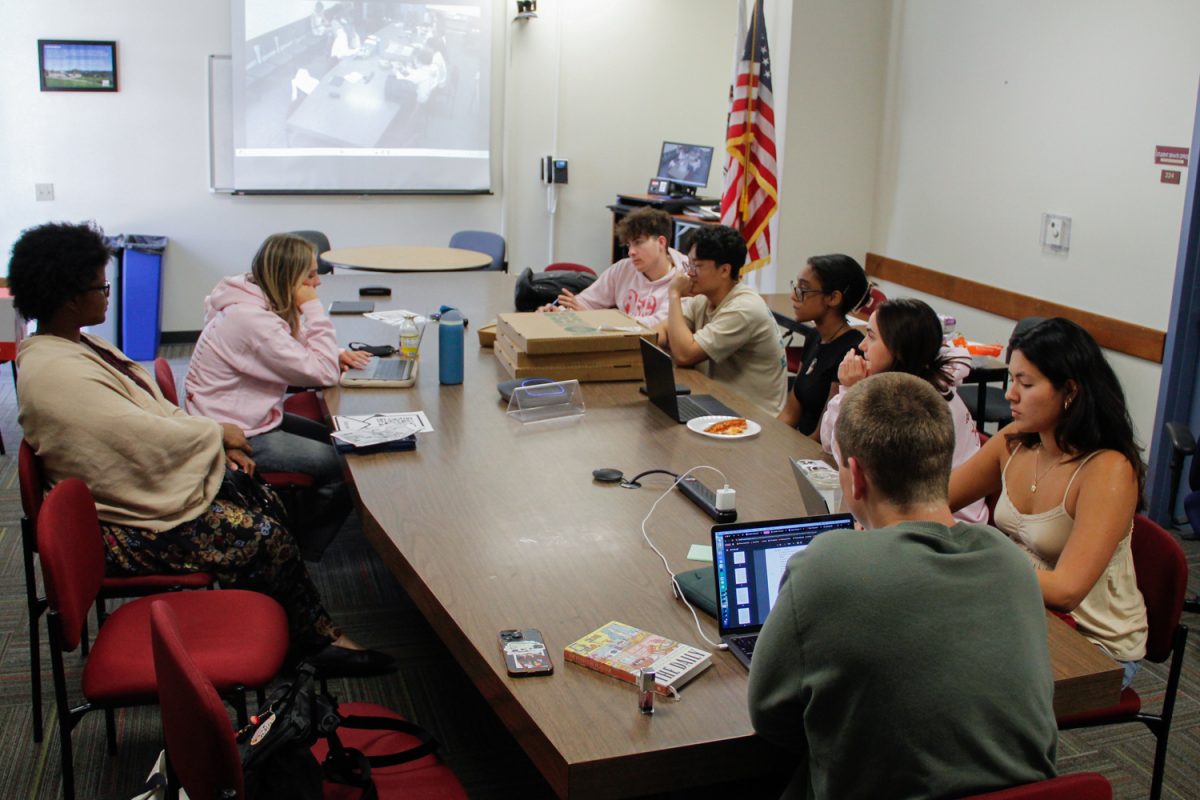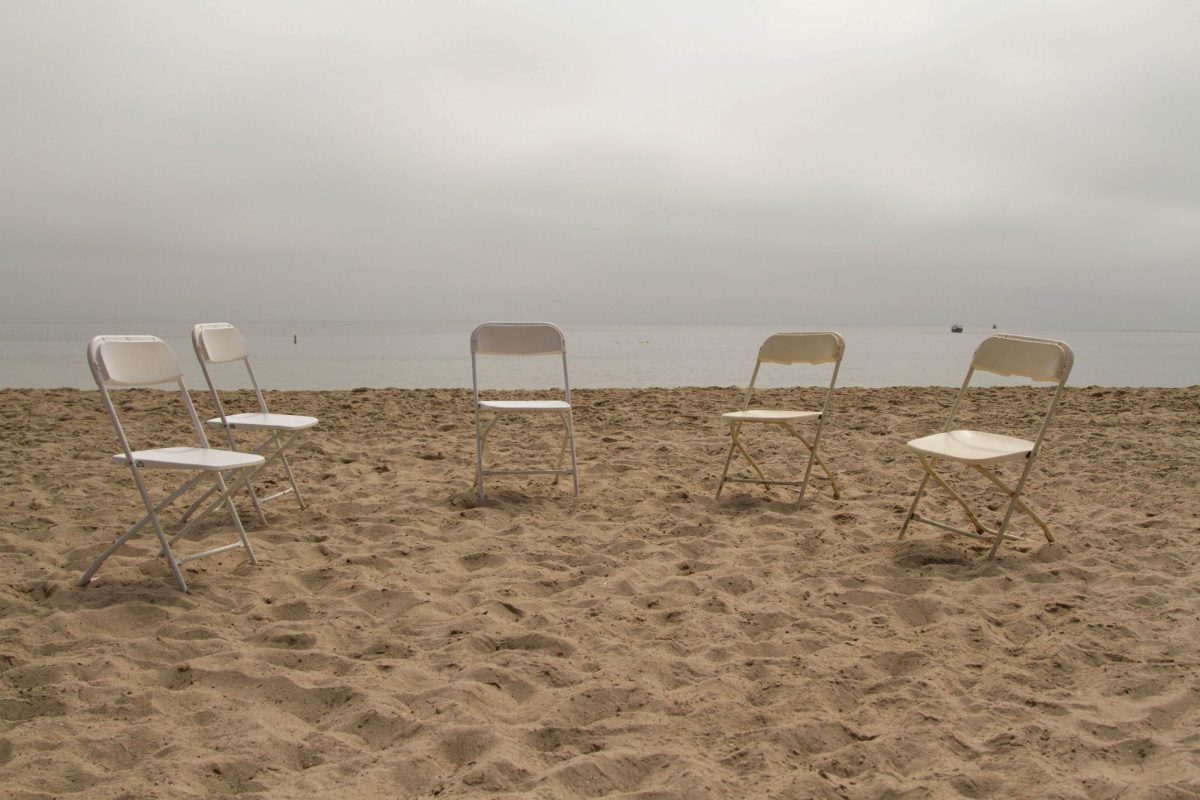Mental health has become one of the focal points of education during the pandemic, especially with so many students dealing with online classes and long hours of self-isolation.
The City College Health and Wellness Department offers groups, workshops and personal counseling for any mental health issues students are dealing with, and with the pandemic there are a host of new programs to help these students through their hardships.
“We were worried about how we were going to be effective virtually,” said Becky Bean, student program advisor at The Well. “We’ve actually had more attendance and have served over 5,500 students since we went digital.”
Social isolation and the absence of a typical school structure during the pandemic have caused a rise in mental health issues among young people in the United States. One in four persons aged 18-24 has considered suicide in the past 30 days, and over 60% in the same demographic have reported anxiety or depression, according to a 2020 CDC report.
As a large portion of City College students fall into this demographic, counseling services have been adapted to help students with these specific issues during the pandemic.
“Zoom is turning out to be a good way to do mental health,” said Personal Counselor Elizabeth Phillips. “The process is completely confidential.”
Bean said a community formed when The Well opened on campus two years ago, and quickly became a safe space for students. Although these groups and workshops have moved online, the community continues in a newly adapted way.
“We are in awe of our students, their strength and resilience,” Bean said. “We want the students to know they’re not alone, that it’s okay not to be okay.”
The Well’s mission is to provide tools and support for students’ health and wellness, and it collaborates with City College faculty, personal counselors and clubs to facilitate different events, such as mindfulness and stress reduction groups.
“We offer a diverse and equitable range of support for students,” Bean said.
This support includes donating hygiene kits to the Food Pantry, coordinated by the Interim Coordinator of Equity, Diversity and Cultural Competency, Roxane Byrne.
Private counseling is part of the health fee students pay, so there is no extra charge.
Another issue students have been struggling with more during the pandemic is substance abuse.
“There has been an increase in substance use due to the isolation brought on by the pandemic,” said Personal Counselor Lacey Peters. “Relapse rates have also increased.”
Peters works with other staff members in The Anchor Program, a City College recovery awareness center that focuses on drug and alcohol safety and awareness for students.
“The opposite of addiction is connection,” said Peters, quoting Journalist Johann Hari.
The program holds virtual recovery meetings every Monday at 6 p.m. in conjunction with Santa Barbara Young People’s Recovery.
There are some barriers to online counseling for students, Peters said, such as not being able to find a private space.
However, it’s also more convenient for students to fit in a Zoom meeting around their schedule, and in some ways there is also a new type of personal connection from online counseling that isn’t there in-person.
“There’s something to be said about meeting people’s pets and families,” Peters said. “It humanizes things.”
The Health and Wellness Department will present even more programs for the spring semester.
Students can sign up on the Health & Wellness website.
“We are in awe of our students, their strength and resilience,” Bean said. “We want the students to know they’re not alone, that it’s okay not to be okay.”


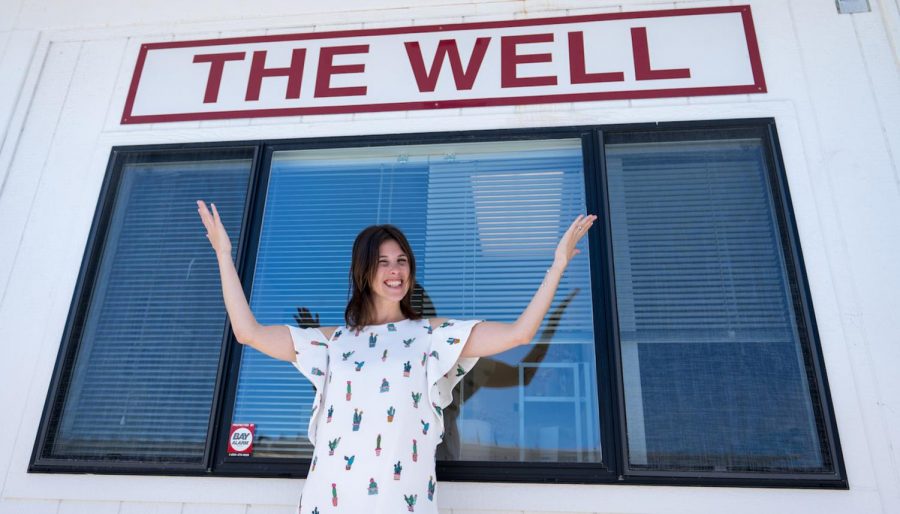




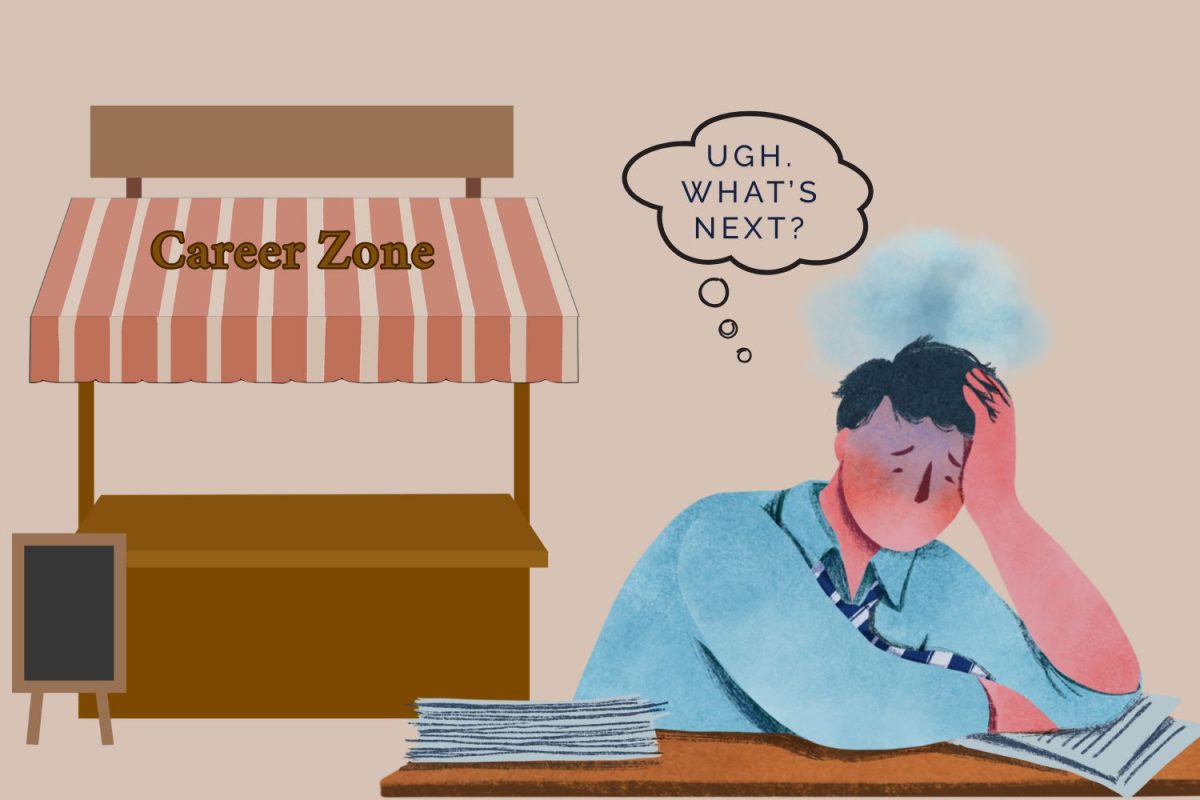


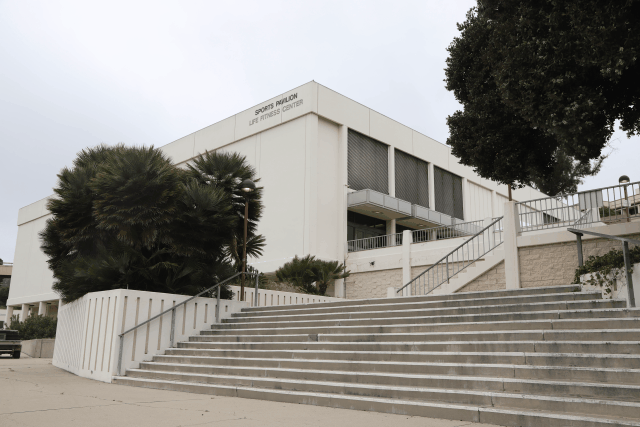


![Ken Watts uses the cable chest press machine on April 9 in Santa Barbara, Calif. "[What] people value the most in personal training is accountability," Watts said.](https://www.thechannels.org/wp-content/uploads/2025/04/MGSWatts-3-1200x800.jpg)

